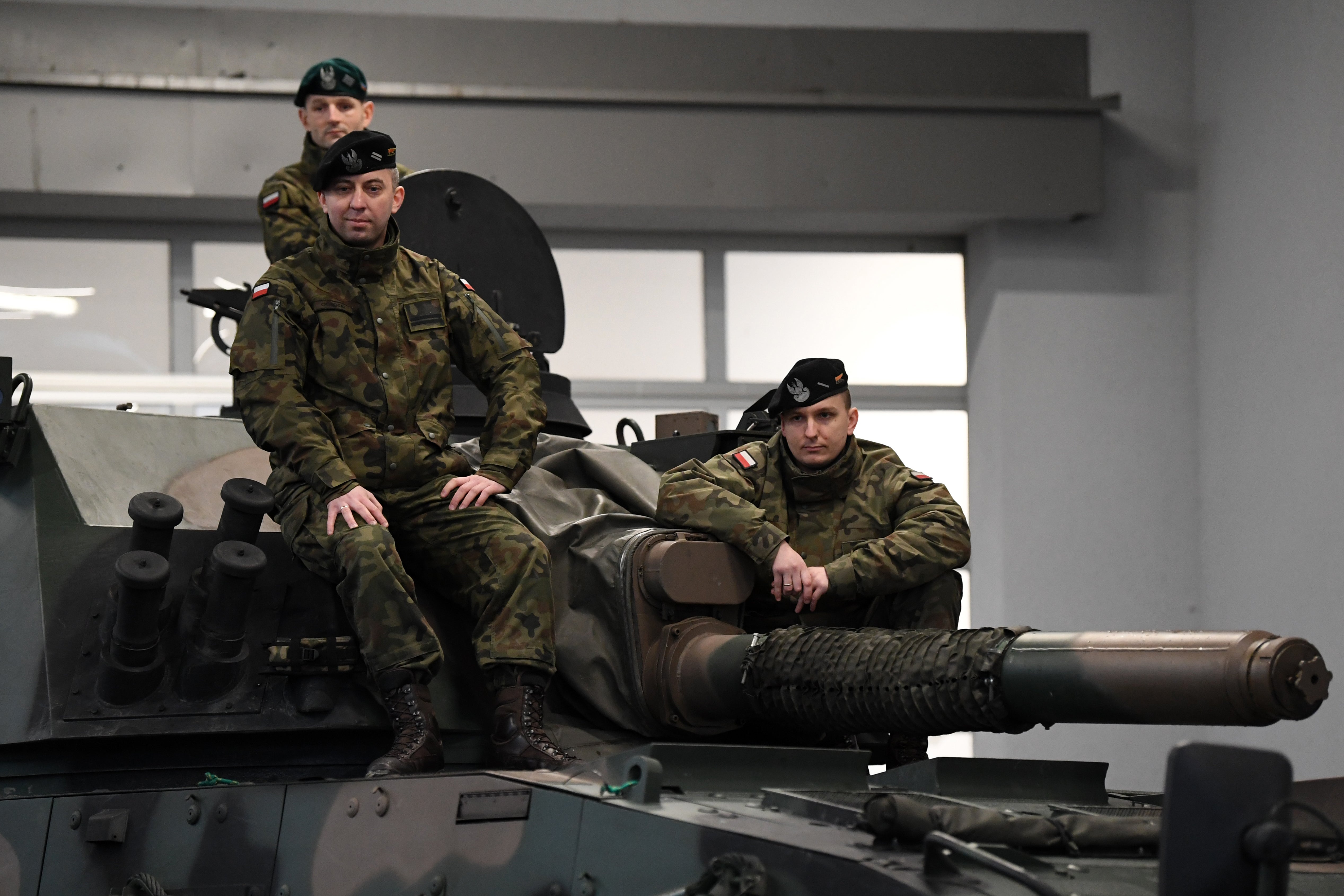More than £40bn wiped off London shares as fears build over Ukraine
Troops are gathering around the border between Ukraine and Russia.

Your support helps us to tell the story
From reproductive rights to climate change to Big Tech, The Independent is on the ground when the story is developing. Whether it's investigating the financials of Elon Musk's pro-Trump PAC or producing our latest documentary, 'The A Word', which shines a light on the American women fighting for reproductive rights, we know how important it is to parse out the facts from the messaging.
At such a critical moment in US history, we need reporters on the ground. Your donation allows us to keep sending journalists to speak to both sides of the story.
The Independent is trusted by Americans across the entire political spectrum. And unlike many other quality news outlets, we choose not to lock Americans out of our reporting and analysis with paywalls. We believe quality journalism should be available to everyone, paid for by those who can afford it.
Your support makes all the difference.Global markets have been thrown into turmoil in the second Monday collapse in less than a month, wiping billions off the exchange in London.
Nearly £58 billion had been removed from the value of London’s top 350 companies just a couple of hours after markets opened on Monday.
However the companies clawed back some of their losses and the damage was reduced to just £43 billion by the time markets closed.
It comes as tensions continue over Ukraine. On Monday morning Armed Forces Minister James Heappey suggested the risk of war is the highest it has been in Europe since the 1950s.
“I fear that we are closer than we’ve been on this continent for 70 years. There’s 130,000 Russian troops around the border of Ukraine,” he told BBC Radio 4’s Today.
The reaction in global markets was stark, and worse for those in continental Europe.
In London, the FTSE 100 was trading down as much as 2.3%, pushed to its lowest point in two weeks. The biggest stock indexes in Germany and France fell back by as much as 3.8%, but also reduced their losses later in the day.
By far the biggest loser on the FTSE 100 was Evraz, which lost close to a third of its value after demerging its coal business.
It is one of the world’s biggest steel producers and a lot of the company’s assets are in Russia.
Energy markets are clearly on edge and if supplies are threatened there is a risk oil will shoot up even higher, adding to price pressures for companies
“The prospect of war is rarely good for stock markets, and so the new trading week has begun on a bad note across Europe and Asia as investors fear the alarm clock is about to sound on a physical battle between Russia and Ukraine,” said Danni Hewson, a financial analyst at investment platform AJ Bell.
Shares in oil major BP were down nearly 4% because the business has a nearly 20% stake in Russian energy giant Rosneft.
BP’s share price drop was particularly surprising as oil prices are around a seven-year high.
“With worries that inflation is already running far too hot, the possibility Russia troops could move across the border has led to another surge in the oil price to above 95 dollars (£70) a barrel, edging up towards 96 dollars, a level Brent crude has not been at since 2014,” said Susannah Streeter, an analyst at investment platform Hargreaves Lansdown.
“Energy markets are clearly on edge and if supplies are threatened there is a risk oil will shoot up even higher, adding to price pressures for companies.”